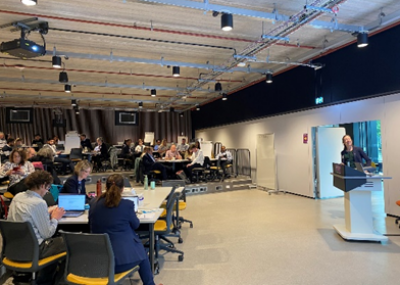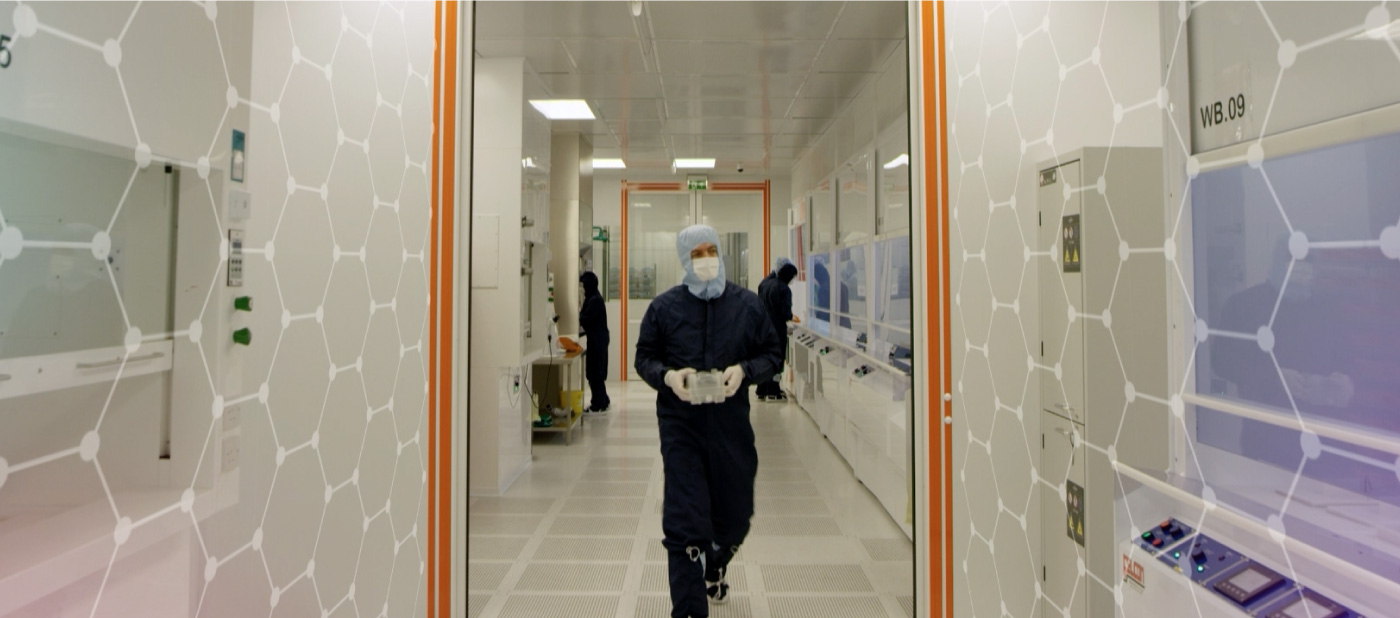The Lifecycle Assessment Regulatory Science & Innovation Network (LCARSIN) recently initiated by the Royce Institute and launched by researchers from the Universities of Manchester and Sheffield, along with Industrial Partners, held its first workshop at The University of Manchester at the end of May. The new Network is assisting the UK’s materials supply chain and policymakers in understanding how to use Life Cycle Assessment (LCA) more effectively to reduce environmental impacts across the supply chain.

The workshop was attended by over 60 participants from across industry, academia, government and the wider landscape including trade bodies and NGOs. Following a welcome from the LCARSIN team and Henry Royce Institute CEO Professor David Knowles, Melanie Jans-Singh Lead Technical Energy Advisor from the Department for Energy Security and Net Zero (DESNZ) gave a useful summary of DESNZ interest in LCA relating to decarbonisation.
The workshop was then delivered across four key sessions, all aimed at reaching consensus on what the future of the Network should look like and how it can serve industry and government.
1: Establishing the role of the Network
The focus of this session was to identify value the network could provide, specifically asking what issues it might address. Participants had contributed to a Word Cloud of issues and challenges which highlighted data as a key issue.
Other key themes included harmonisation, training and building trust in LCA.
Many observed that the UK LCA community doesn’t have an LCA network group and were supportive of creating one. Some commented that this meeting was the largest gathering to date of LCA practitioners in the UK
2: Regulation & Policy Influence
This session revealed that participants engaged with a wide range of government bodies including the Environment Agency, the Department for Environment, Food & Rural Affairs (DEFRA), Department for Energy Security and Net Zero (DESNZ), and Department for Business and Trade (DBT). It was agreed that LCA can provide a quantitative basis for setting sustainability performance metrics which require regulation. Participants suggested the UK should move towards data-driven regulation and policy, with LCA being a tool for checking compliance.

3. Training & Skills
Most participants had undergone some formal LCA training but raised the need for breadth and depth of training in LCA to suit differing roles in organisations. Many raised the importance of life cycle thinking as a precursor to any LCA training and teaching of LCA in degree courses was widely supported.
4: Network Sustainability
The final session of the day aimed to help develop the future of the network and begin to formulate a plan for a long term self-sustaining LCARSIN. In summary, participants were positive about the network and keen to support its continued development.
Royce Industry Fellow, Dr Lorraine Ferris, who is part of the team leading on the initiative said:
“It was clear from this important day that there is a real long term need for a network of academics, industry and government to come together to harmonise the use of LCA and develop standards and insights on how to use LCA results more effectively. The workshop was vibrant, with a lot of good networking taking place. Thanks go to all the delegates for their contributions which will support us on the next steps in our journey.”
The Henry Royce Institute at the University of Manchester, the Grantham Centre for Sustainable Futures at the University of Sheffield and the Safety and Environmental Assurance Centre (SEAC) in Unilever have been awarded funding by Innovate UK for the discovery phase of the new Network. The network will focus on the materials supply chain of the foundation industries, through to final product manufacturers.


